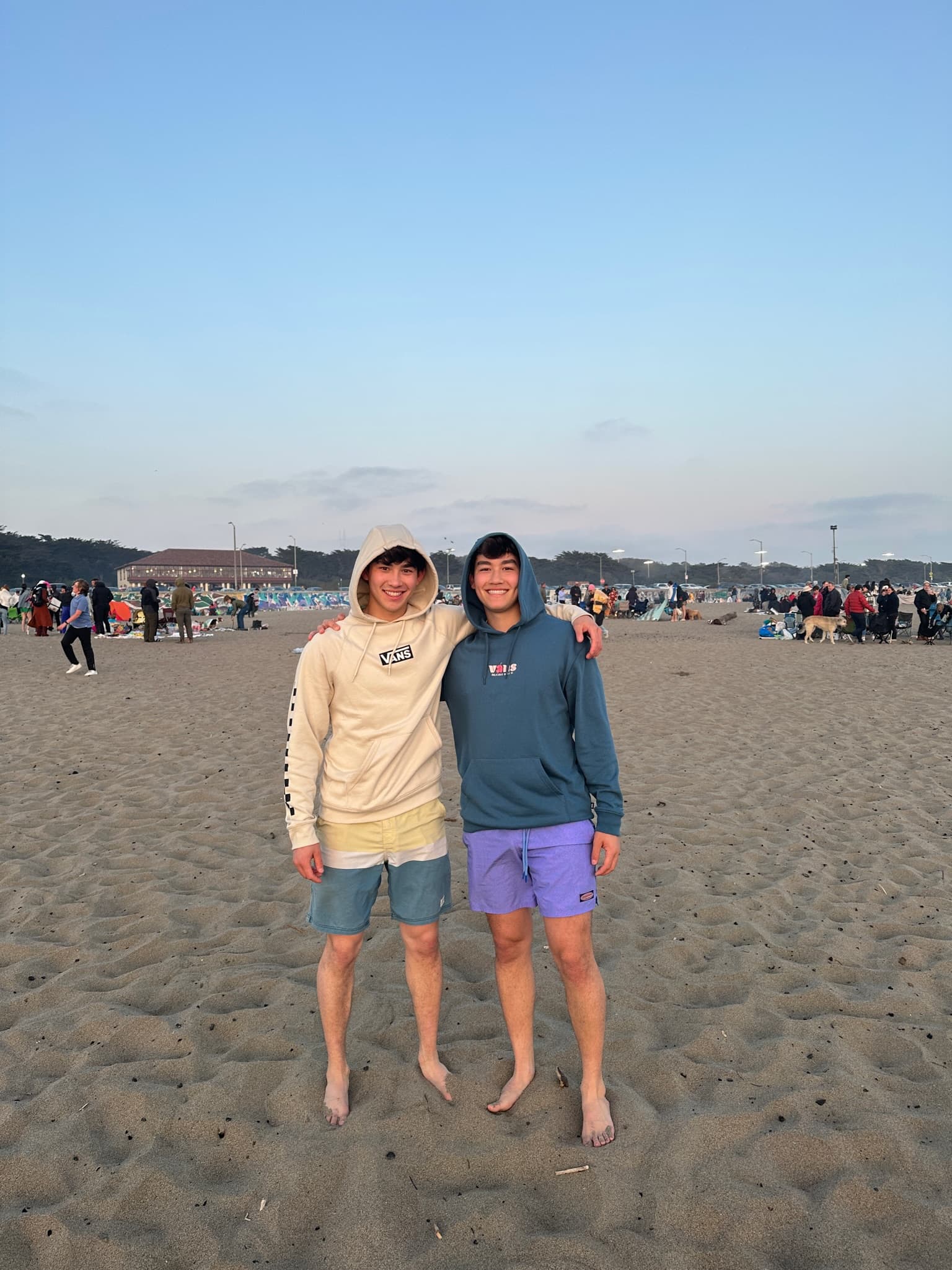Thoughts from a bus ride


Recently, I spent hours on a bus traveling from Baltimore to New York City. It wasn’t the smoothest ride — cramped seats, a broken arm-rest, occasional jolts from potholes, and a heater that only warmed the front three rows (despite the sub-freezing morning temperatures). As I sat there, I found my mind drifting to focus on the people around me.
I started to imagine their lives. The man slumped in the corner seat, his shoes scuffed and his expression distant — was he worried about work, or maybe someone he loved? The young woman nervously tapping on her phone — was she rushing to get home to her family, or maybe preparing for a life-changing opportunity? How many of them were carrying worries far heavier than mine?
The more I thought about it, the more profound it felt. I couldn’t stop thinking about the challenges they might be facing — many I was likely fortunate enough not to have to think about daily. I suddenly felt overcome with gratitude and thankfulness for the many blessings in my own life. Yet I also felt incredibly guilty as I thought back to all of the silly little things I’d recently let “ruin” my day.
Why do we notice some people and not others?
The bus arrived in New York City, a placed teeming with people, but ironically it feels like no one notices you, or maybe more accurately, people try not to notice you.
They’d almost prefer to think of you as part of the bustling New York environment rather than as a person with life experiences just as complicated as their own.
To some extent, I think most people have this almost instinctive desire to avoid thinking about strangers. As if truly seeing them, and empathizing with them, might weigh too heavily on our conscience. But why is that? Why is it so hard to sit with the awareness of others as more than just extras in our own lives?
Oddly, at the same time that we avoid acknowledging the existence of some people, we also often hyperfixate on the lives of others: friends, family, enemies, celebrities (who don’t even know we exist!), the list goes on.
Even weirder, this fixation isn’t even always enjoyable (which I’ll admit is an obvious statement if you consider the example of fixating on our enemies), yet we spend so much time doing it. So why do we find it easier to acknowledge (and maybe even obsess over) some people but not others?
The uncomfortable truth of sonder
A close friend told me about a term that perfectly captures some of these thoughts: sonder.
It’s the realization that each random passerby is living a life as vivid and complex as your own — filled with ambitions, worries, routines, heartbreaks, and triumphs that you’ll never fully know. The word captures a startling truth…
We’re all protagonists in our own stories, but also extras in everyone else’s.
As beautiful as sonder is, it’s not always a comfortable realization. To truly empathize with others — to see them as human, with struggles and joys as real as your own — is to confront your own privilege and biases. It’s easier, often, to keep people at a distance, to see them as “part of the environment” rather than as individuals.
And maybe that’s why so many of us shy away from sonder. It’s safer to ignore the depth of someone else’s humanity than to wrestle with the discomfort it might bring. After all, if we allow ourselves to truly empathize with someone else’s pain or challenges, doesn’t that come with a sense of responsibility? A responsibility to care, to act, or at the very least, to acknowledge?
So what?
Earlier I asked: So why do we find it easier to acknowledge some people but not others? I won’t pretend like I know the answer, but I will submit to you one idea.
Recognizing others (especially strangers) as meaningful and unique human beings isn’t only good for your soul, it’s central to what it means to be a human yourself
Maybe the next time you find yourself surrounded by strangers — on a bus, in a crowded street, or anywhere else — take a moment to wonder about their stories. Practicing sonder might just remind us all how much humanity we share, even in the smallest, quietest ways.
The end.
Dedicated to my oldest friend Purab, for showing me an unwavering kindness and empathy that exemplifies the best of humanity.

